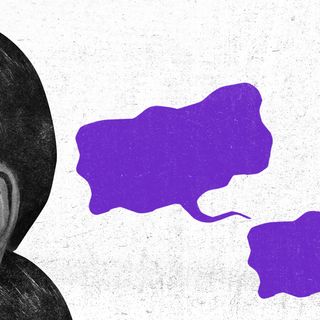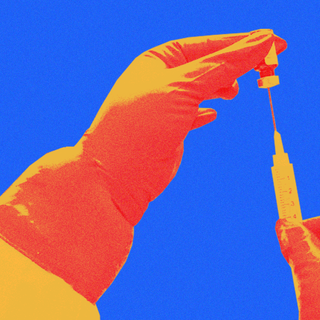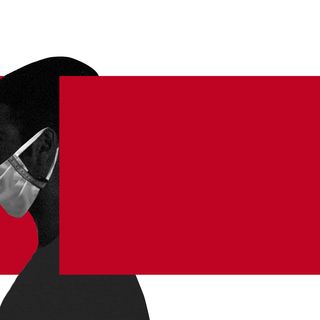Trigger Warning: The article below mentions suicide.
In an important observation on mental health and depression, the Supreme Court last week observed the nuances in individual behavior. The apex court noted the “mental health of a person cannot be compressed into a one size fits all approach.”
The court was ruling in the context of a suicide case. Previously, the Karnataka High Court had erroneously termed a person who died by suicide a “weakling” and commented on how people with depression “ought” to behave. The Supreme Court bench, comprising Justices D.Y. Chandrachud and B.V. Nagarathna, objected to this notion. It noted that such an articulation of a person with depression “diminishes the gravity of mental health issues.”
“Individual personality differences manifest as a variation in the behavior of people,” the court said. “How an individual copes up with a threat — both physical & emotional, expressing (or refraining to express) love, loss, sorrow, and happiness, varies greatly in view of the multi-faceted nature of the human mind and emotions,” the judges added. In other words, each individual experiences and responds to depression differently.
The response tugs at an essentialist argument that perpetuates mental health stigma; that all individuals at their core are the same, or that “strong people” aren’t depressed. It ignores the complexity of human emotion and mental health conditions.
“Public health approaches have historically placed greater focus on ‘physical health’ often at the cost of excluding or ignoring mental health and its social determinants,” researchers Soumitra Pathare and Arjun Kapoor noted. “Individuals are reluctant to engage with notions of emotional well-being, mental health, or distress. Stigma and social stereotypes attributed to these issues inculcate a resistance in individuals and groups to discuss them openly.”
Related on The Swaddle:
SC Notice Asks Indian Insurance Regulatory Body Why There Is Still No Coverage for Mental Health
The case is an important example of how language is used to stereotype people with depression. Almost 60% of people surveyed said lack of self-discipline and willpower is to be blamed for mental illnesses. Notably, such a statement coming from a legal institution further stigmatizes and undermines mental health conditions.
“If individuals continue to view mental illness with apprehension and resistance, it will remain difficult for people with mental health concerns to seek the support they require due to the fear of being labeled or judged,” WeForum noted. This explains why despite India having a huge mental health crisis, only 10-12% of people are likely to seek help due to the stigma.
The role of legal systems in shaping the mental health discourse is significant. In November last year, the Madras High Court called out the lack of government spending on mental health infrastructure. The court noted that the “need of the hour” is to have sufficient psychiatrists and departments at each level.
In May 2018, the new Mental Healthcare Act (MHCA) 2017 became a milestone as it marked “the first time an Indian law recognized the right of all persons to access state-funded mental healthcare services and facilities, sans discrimination on any basis,” Science Wire noted. In other words, it recognized the capacity and autonomy of people with mental illness.
Mental health issues are complex, distinct, and look nothing alike. In accepting this intricacy, the legal system, and by extension the society, can help respect and respond to people.




